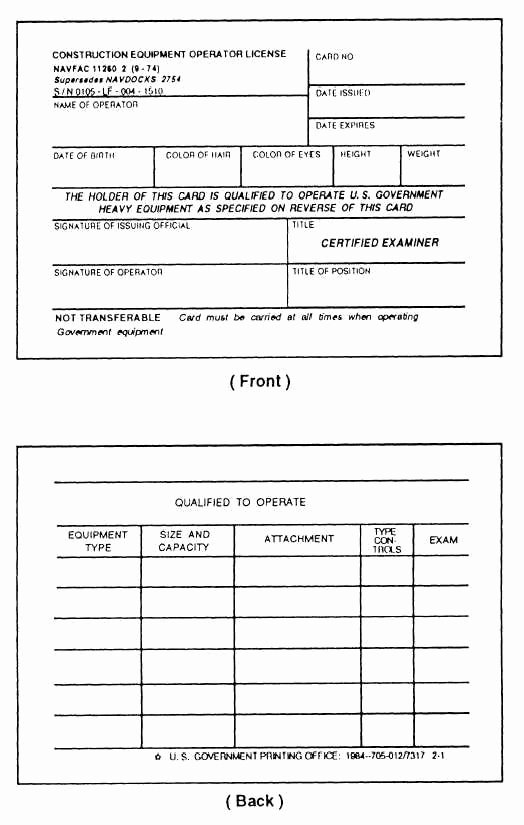If you’re looking to improve your overall health and wellness, one essential factor to consider is your diet. Eating a balanced and nutritious diet can have a significant impact on your energy levels, mood, and overall well-being.
One key nutrient that plays a crucial role in maintaining good health is magnesium. Magnesium is involved in over 300 biochemical reactions in the body, including energy production, muscle function, and nerve function.
The Importance of Magnesium in Your Diet
Despite its importance, many people do not consume enough magnesium in their diets. This can lead to a range of health issues, including muscle cramps, fatigue, and even anxiety or depression. Ensuring you get an adequate amount of magnesium in your diet is crucial for optimal health.
Good food sources of magnesium include leafy green vegetables, nuts, seeds, and whole grains. However, if you struggle to get enough magnesium from your diet alone, you may want to consider taking a magnesium supplement to fill the gap.
In addition to its role in energy production and muscle function, magnesium is also important for maintaining heart health. Research has shown that magnesium deficiency is linked to an increased risk of heart disease, so ensuring you get enough magnesium in your diet is crucial for cardiovascular health.
Overall, magnesium is a vital nutrient that plays a crucial role in maintaining good health. By including magnesium-rich foods in your diet or taking a supplement if needed, you can support your overall well-being and reduce your risk of health issues associated with magnesium deficiency.
Remember to consult with a healthcare professional before making any significant changes to your diet or starting a new supplement regimen. They can provide personalized advice based on your individual health needs and goals.



